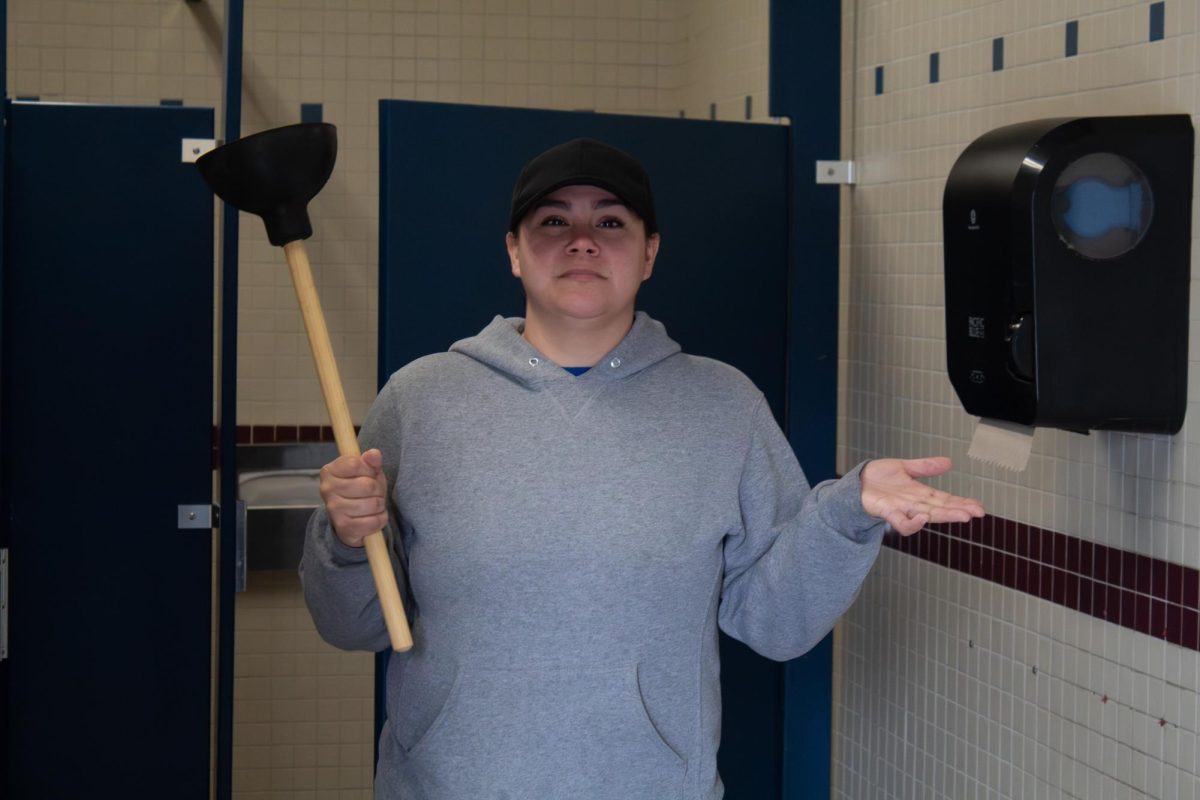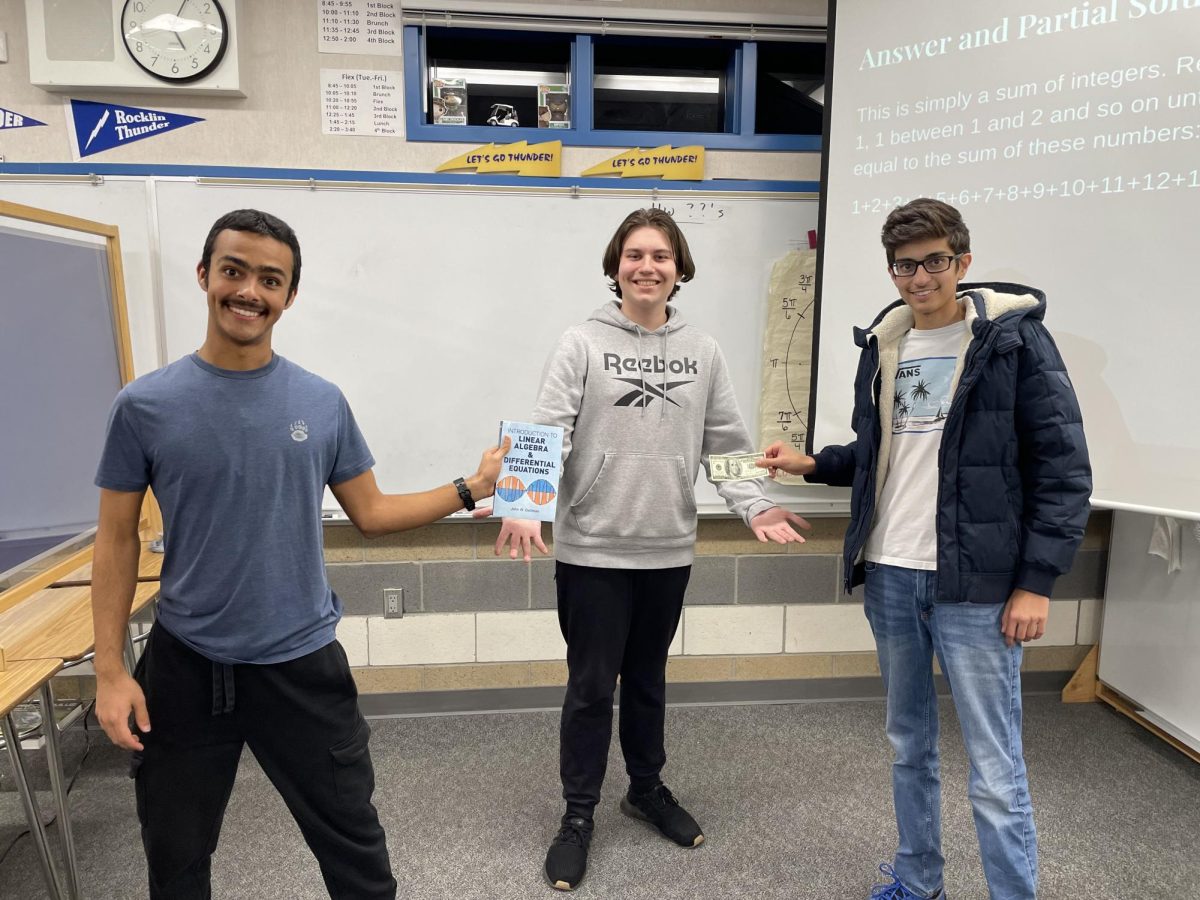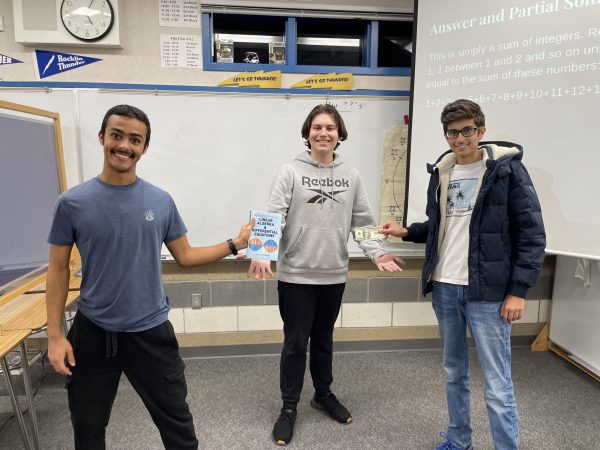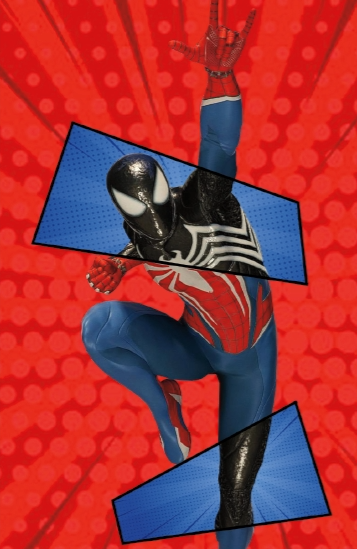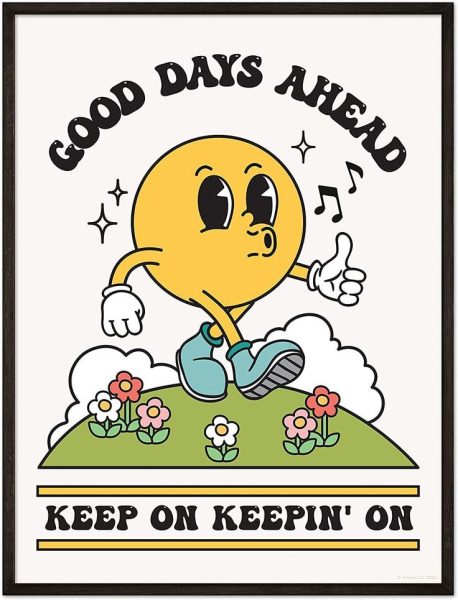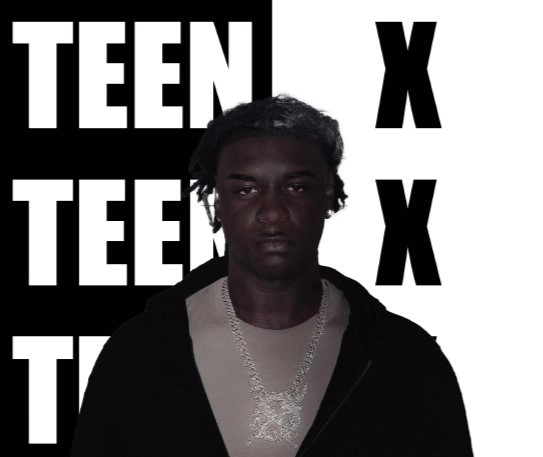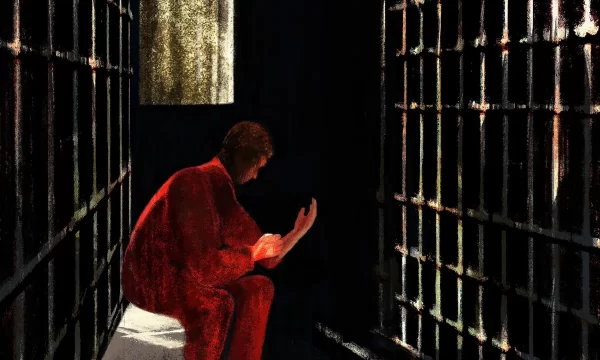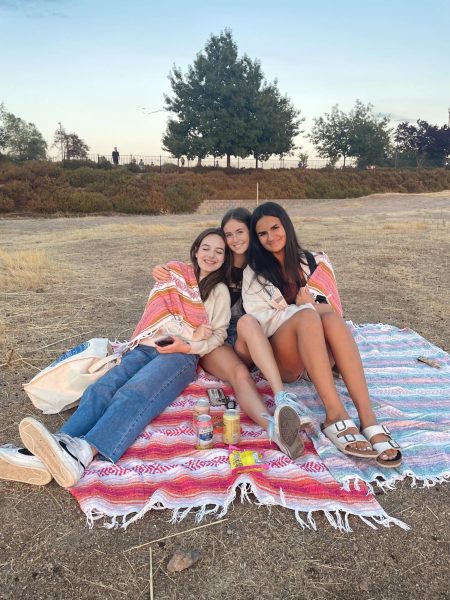Will this be the end of YouTube?
YouTube will be required to change their platform after being fined 170 million dollars by the FTC
December 10, 2019
On September 4th, a settlement was reached between Google and the Federal Trade Commission (FTC)/ New York State Attorney General, where YouTube is required to pay 170 million dollars for violating the Children’s Online Privacy Act (COPPA).
The FTC serves as a way to prevent unfair practices of advertising and marketing agencies.
COPPA was enacted just for that. A way to protect the personal information of children under the age of 13 from companies and advertisers.
Specifically, “The COPPA rules requires that child-directed websites and online services provide notice of their information practices and obtain parental consent prior to collecting personal information from children,” said Chairman of the FTC Joe Simons.
YouTube isn’t the first company to violate the COPPA law, companies including Tik-Tok and Facebook have been fined in the past.
Although, this is the largest fine that the FTC has charged a company for breaking the law.
“The 170 milllion dollar judgement is 30 times larger than the largest COPPA civil penalty the FTC has ever previously obtained. It is 3 times larger than any privacy assessed against Goggle anywhere else in the world,” said Simons.
“[There] are numerous instances in which YouTube and Google had actual knowledge of the child-directed nature of channels and videos on the YouTube platform . . . YouTube and Google violated COPPA,”
Along with the fine, YouTube is required to change the way their platform handles child-directed content.
“This order requires YouTube and Google to notify channel owners about their potential COPPA obligations, it also requires YouTube to develop a system or mechanism in which channel owners must identify their child-directed content on the YouTube platform. So that such content can be treated in a COPPA compliant manner,” said Simons.
How will this change the YouTube experience?
Now, content creators are required to mark a box indicating whether their video or entire channel is directed towards kids.
Although this won’t affect videos in the short-run, it will in the long.
Starting January 1st, 2020, if a creator has a video selected as FOR KIDS, then their content will have no targeted ads, no comment section, no ability to save it to a playlist or search for the video.
Though, if a creator selects a video as NOT FOR KIDS, then their video will act as normal with typical ad-revenue and comment section.
But to prevent content creators from wrongfully assigning their videos, the FTC will conduct a sweep at an unknown period of time after January 1st.
“There will be consequences for content creators who mis-designate [their videos], including being kicked off the YouTube platform . . We also believe YouTube has strong incentives to police its platform . . to avoid future enforcement actions by the FTC,” said Director of the FTC, Andrew Smith.
What kind of content could be flagged?
According to the COPPA compliance book, any subject matter that might be appealing to children including, “music, kid’s games, video/computer games . . . sports, stories,” or child-directed language, “fun, free stuff, whatever, cool,”
This could affect popular animation channels including theOddOnesOut and Jayden Animations.
If a video or channel is flagged, it is unknown what kind of penalty they could face.
Under the FTC website, “A court can hold operators who violate the [COPPA] rule liable for civil penalties up to $42,530 per violation,”
There are factors the FTC will consider when assessing the fine, “egregiousness of violations, whether the operator has previously violated the Rule, the number of children involved, the amount and type of personal information collected.”Out of fear of fines, content creators may begin to change the content they upload to YouTube.
“COPPA is one of the few privacy rules with civil penalties that we enforce, and when we talk about aggressiveness we are usually talking about civil penalties . . . we would have strong penalties in future cases . . . in cases against channel owners,” said Smith.






